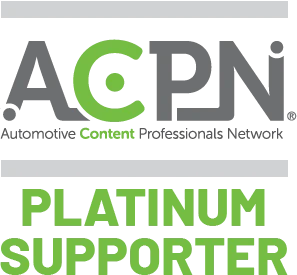Japan’s Ministry of Health Labour and Welfare (MHLW) were discussing on bunch of proposals to promote transparent exchange of mandatory and voluntary chemical hazard information.
During a recent meeting, MHLW has released some material list which showed clearly that their substance with no SDS has been causing many impacts on the society including accidents due to acute toxicity from chemical exposure. They acknowledge that certain chemicals with potential long-term adverse health effects currently have no mandatory hazard warning requirements, including approximately 200 category 2B carcinogens, which are substances considered to be ” possibly carcinogenic to humans” by the International Agency for Research on Cancer (Iarc).
Globally Harmonized system of classification and labelling of chemicals which is implemented under the law ISHA (Industrial Safety & Health Act) obliges companies to provide SDSs and labels for 673 substances and their mixtures up to certain thresholds. Although it has been encouraging companies to provide SDS for several other chemicals that might pose physical or health hazards. The are reporting that only 60–70% of businesses regularly share hazard documents when not legally obliged to. Proposals to expand the legal requirements for SDSs and labelling of chemicals were limited to substances involved in accidents from adverse reactions of improperly labelled mixtures.
However, instead of implementing rules, MHLW is providing step by step terms to promote SDS among medium & small-scale enterprises to provide chemical SDS on their willingness. MHLW already developed model SDS documentation and labels for companies to use, which cover 3,014 substances.
Listed below were the ideas planned by Japan to expand SDS culture on the industries:
● expanding resources to cover more substances, with priority given to chemicals imported or produced in Japan in large quantities.
● measures include providing a budget for training and consultancy services to ensure that smaller businesses are meeting their compliance requirements.
● SDSs and labels for transfers of consumer products, which are generally not required, might become necessary when those products are purchased in business-to-business transactions.
● considering technology-based solutions to enable sharing of SDS documents online with QR-coded labels.
Reference: https://www.mhlw.go.jp/stf/newpage_11237.html
https://www.mhlw.go.jp/content/11120000/000627348.pdf
If this regulation is applicable to you and you are interested in knowing more about this topic and available solutions, then schedule a free consult with our experts.

